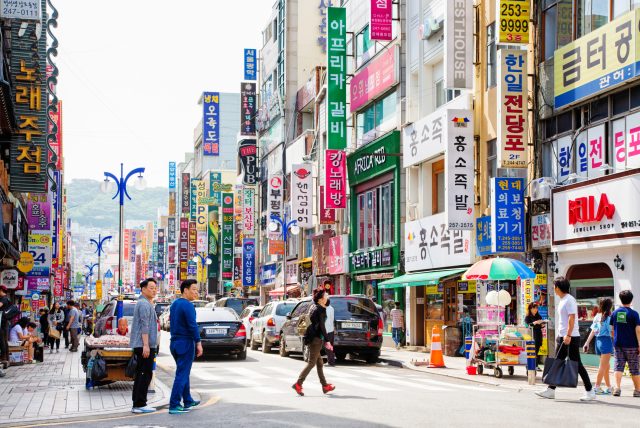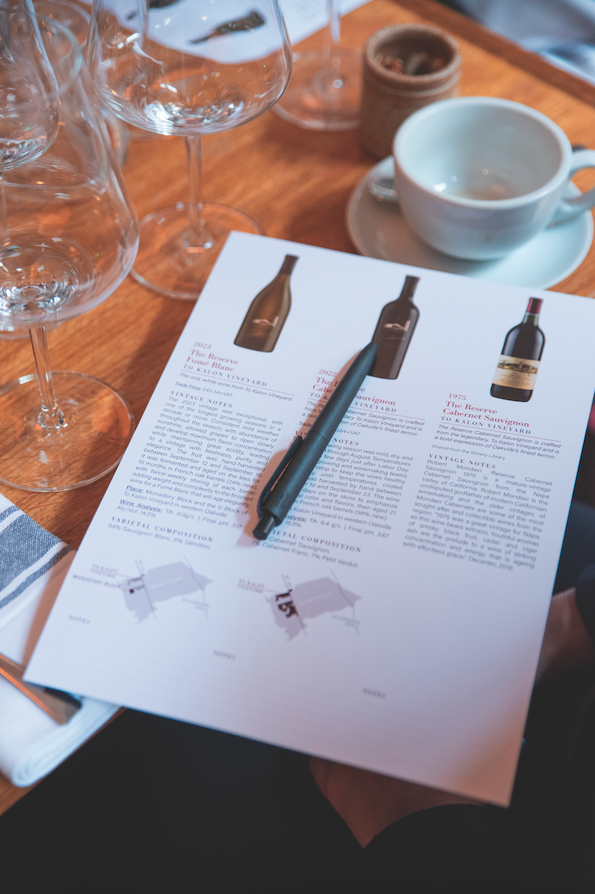The future of the Korean wine market is all about premium
South Korea remains a promising wine market in Asia, but not without challenges, according to Master of Wine Jeannie Cho Lee. Nimmi Malhotra finds out more.

By now, it is widely known that the South Korean wine market experienced an unprecedented boom during the pandemic.
According to data released by the Korean customs department, wine imports more than doubled from 2019 to 2022, growing from US$259 million to US$580m — an increase of 123%.
Post-Covid, the market contracted by 12% to US$510m in 2023. And yet, South Korea is one of the most promising nations in Asia and has captured the interest of the wine world.
At Vinexpo Hong Kong, Master of Wine Jeannie Cho Lee, based in Hong Kong and Korean by descent, tapped into that very interest and led a packed session through the latest trends and opportunities in the Korean wine space.
Lee’s read of the statistics was captured in three key findings. First, wine sales are rising despite the recent slide in wine import value. The category may represent only 7% of alcohol sales in a market saturated with the ubiquitous soju, but she projected a double-digit growth in the next five to 20 years.
In South Korea, wine is perceived as a sophisticated drink and is predominately drunk at home, with family and friends. In 2020, the government allowed online sales (with the proviso that wine cannot be home-delivered and must be picked up in person), which succoured the growing interest and sales.
Red wines still dominate consumption, with France leading wine import numbers, followed by Italy, Spain, and Chile. Lee pointed out that Champagne and premium sparkling wines are also experiencing growth.
Second, she detailed how women are the leading consumption. “As we saw in Japan, women may be the biggest consumer of wine, overtaking men at some point. Currently, women have 48% of market share. But I think very soon, in the next five to 10 years, it could be up to 60,” she said.
Partner Content
Lastly, she declared premium wines to be the future of the Korean market, backed by soaring prestige wine import numbers. The resilient segment has soared by 186%, from US$133m in 2019 to US$381m in 2023.
Not without its challenges
Ted Ko, founder of Town Wine and and export manager of Prime Cellar, delved into some of the challenges faced by the current market, in the post-pandemic years. He noted that the consumer preferences are moving away from wine to whisky and Korean drinks. The latest numbers from Korean customs show whisky volume consumption of 27,000 tons in 2022, a 72% increase on 2021 figures. Notably, this number contracted as well in 2023 by 37% to 16,844 tons.
As wine is heavily taxed in Korea, Ko noted that serious wine lovers are buying their favourite wine on overseas wine platforms, or they buy it when they travel out of the country.
Importers also stockpiled during the period of growth. As wine sales cooled down, some have resorted to discounting. Naturally, imports have shrunk. In his assessment: “the state of wine importing in Korea is worse than the statistics.”
Earlier this year, The Korea Times reported wine consumption declined across the board amid a rising preference for whisky. The newspaper reported that wine sales have slowed, and the country’s leading importers, like Nara, suffered a 200 million won (US$200k) loss in operating profits. Shinsagae’s wine division, Shinsagae L&B, the biggest wine seller in Seoul, was also projected to suffer an operating loss at the time.
Ko also shared details on consumer’s wine preferences, which are quite polarised. “Consumers either grab two Buck Chuck cheap wines or become a huge fan of iconic library wines. So, the middle class has disappeared,” he said.
His advice to brand owners: “If you are a newcomer who wants to penetrate the Korean market, you have more chances in the bulk wine section or luxury iconic wines because only those two sectors show stable consumption right at this moment.”
Cashing into the meteoric rise of the fine wine sector, South Korean retail giant Shinsagae Group has announced the launch of a high-end wine retail space which will introduce its consumers to Liber Pater, Domain Leroy, Salon and more prestigious labels in consultation with Jeannie Cho Lee MW.
Related news
Castel Group leadership coup escalates
For the twelfth day of Christmas...
Zuccardi Valle de Uco: textured, unique and revolutionary wines




